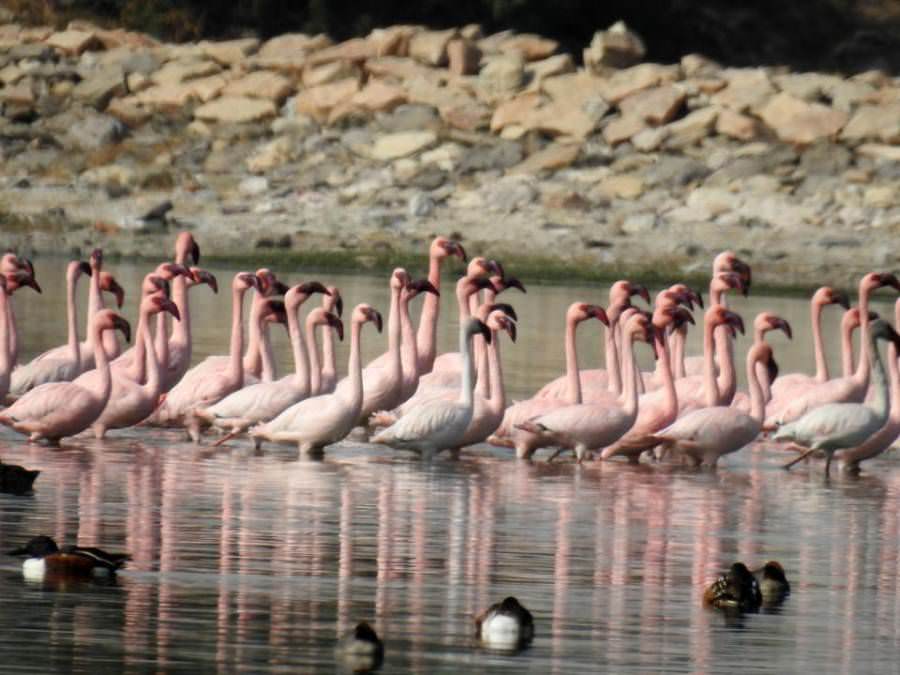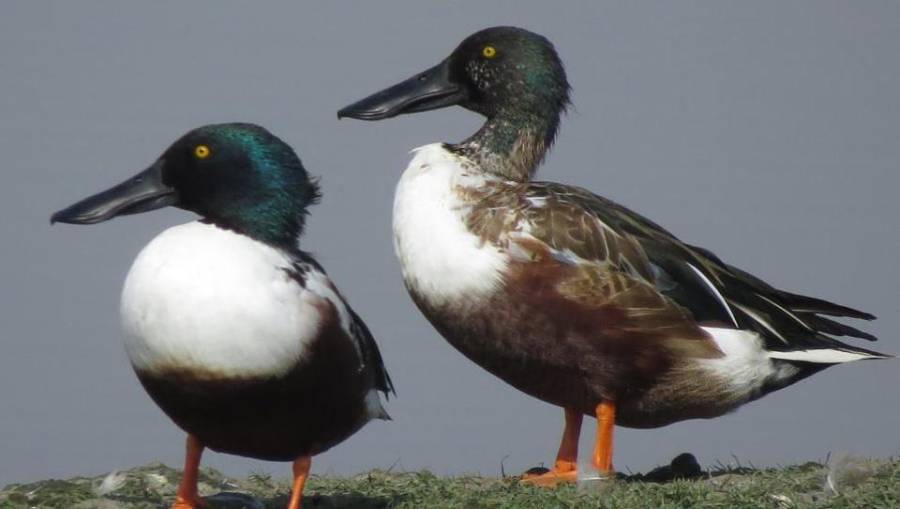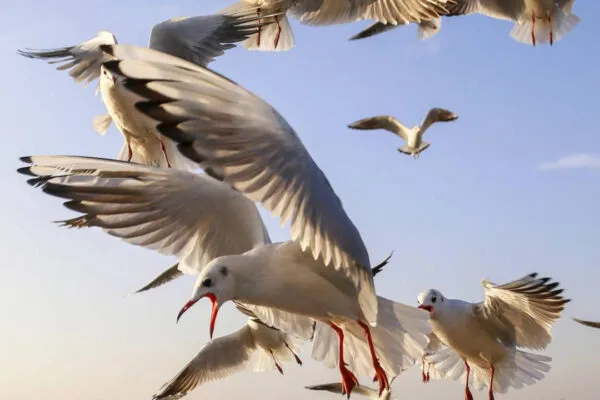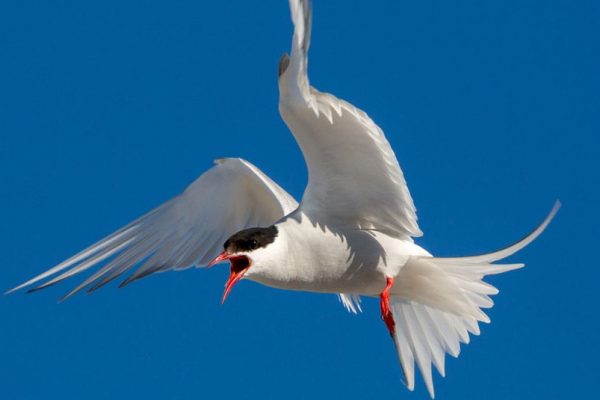Birders Rejoice as Number of Migratory Birds Drastically Increases in Sambhar Lake
Sambhar Lake has been in the news for not so good reasons in the recent past, but finally, there’s something to cheer about for bird enthusiasts. In the annual census conducted by the Asian Waterbird Census (AWC) in the month of January, it was found that the number of migratory birds in Sambhar Lake has drastically increased compared to the last few years.
The waterbird census is conducted annually across 27 countries from Asia and Australasia to assess the condition of major wetlands and waterbird diversity. The census in this particular region (Sambhar, one of the two Ramsar sites in Rajasthan) was done in collaboration with the Rajasthan Forest Department and Nagpur district administration.
Active participation of the volunteers from the Central University of Rajasthan, Kishangarh, Maharshi Dayanand University, Ajmer, NGO’s and territorial forest division ensured the accurate collection of data for the census.

Image: Hindustan Times
It was found that 43,510 birds of 31 species were recorded to have migrated to India’s largest inland saline lake. Four species out of these are listed as threatened by the International Union for Conservation of Nature (IUCN).
According to ecologist TK Roy (AWC Delhi state coordinator for Wetlands International) out of the 31 species diversity, seven are resident water birds, including local migratory birds and the rest 24 species are winter migratory water birds.
The figures were dismal in the 2018 and 2019 census as only 1,161 birds of 25species and 1,389 birds of 20 species respectively were recorded. This drastic decline is attributed to the bad ecology of the lake and surrounding areas due to lack of rain.

Image: Hindustan Times
Even the environment ministry labeled the Sambhar Lake as one of the worst-rated wetlands for ecosystem management. The rise in numbers is a good sign even though the lake has a very bad ecology when compared to other wetlands in the country.
This year the rain gods came down well during the monsoon season and this decreased the salinity of the lake water thus favouring the growth of planktons which are home to good bacteria. All this led to a conducive environment for the birds to live in the wetland.
Via: HindustanTimes


